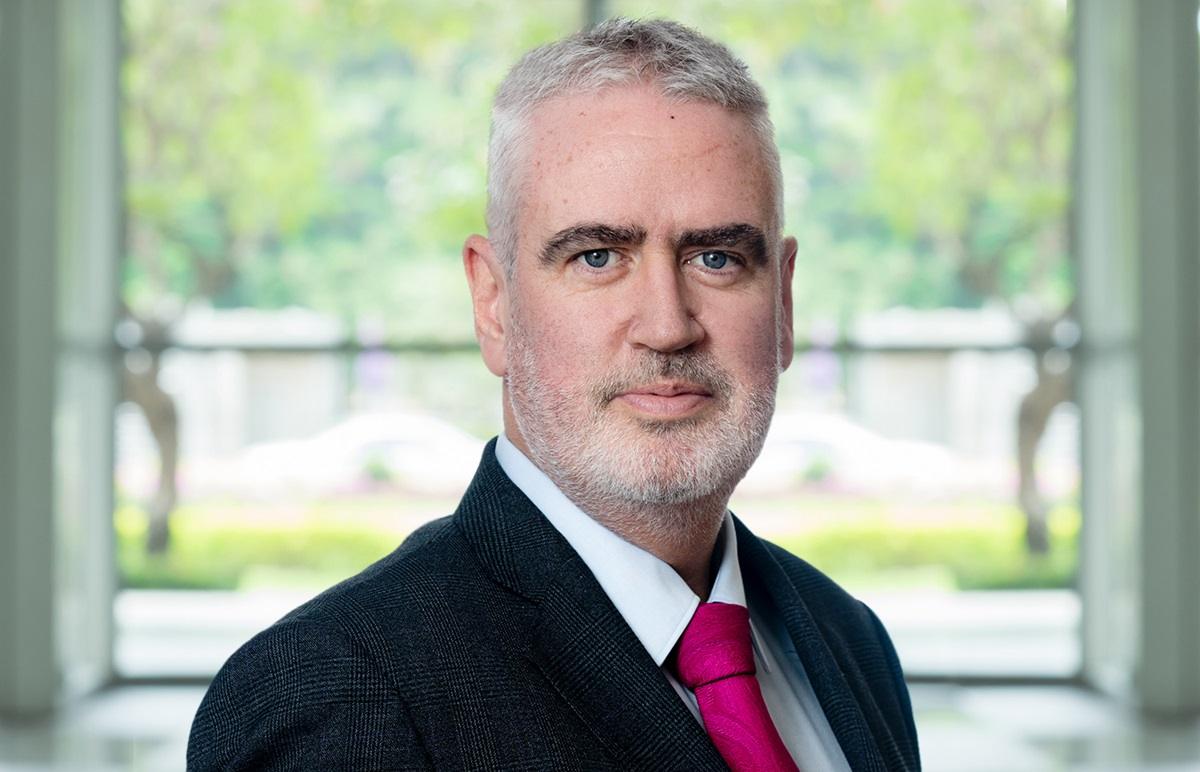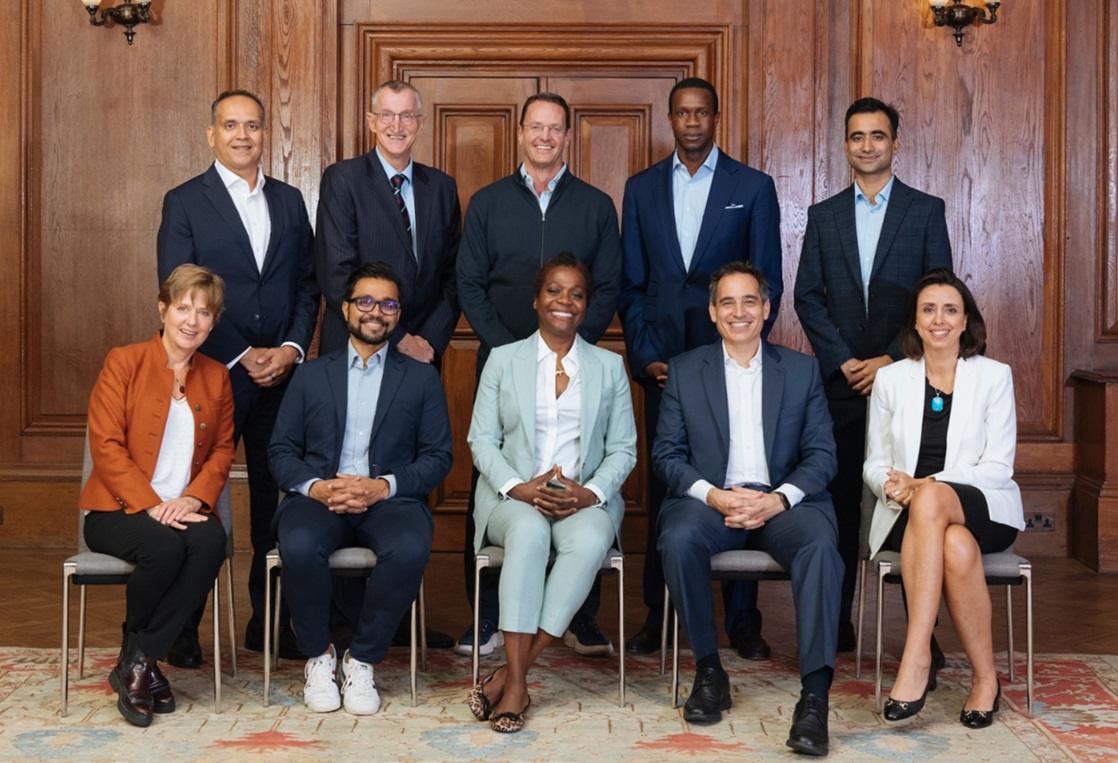PUMA Commits to Slash GHG Emissions from Operations by 90% by 2030
Athletic footwear, apparel, and accessories company PUMA announced a new series of climate and sustainability targets, among them a reduction of both its Scope 1 direct and Scope 2 indirect greenhouse gas (GHG) emissions by 90% from their 2017 levels by 2030, as well as a 33% reduction in Scope 3 indirect GHG emissions from its supply chain.
Additional new 2030 climate targets include increasing renewable energy use by PUMA’s core suppliers, and a focus on increasing the use of less carbon-intensive materials.
The new goals form part of PUMA’s Visions 2030, updating a series of 2025-focused sustainability targets, “10FOR25,” set by the company in 2020.
Anne-Laure Descours, PUMA’s Chief Sourcing Officer, said:
“With Vision 2030 we have elevated and evolved our current 10FOR25 sustainability goals to achieve impact on a larger scale across our business in climate, circularity and human rights. We are setting the bar higher to stay true to our responsibility to be ‘forever better’ throughout our business, for people and the planet.”
The company also announced a series of circularity-focused goals, including 2030 targets to use 100% recycled polyester fabric, have 30% of the polyester fabric used in its apparel division be fiber-to-fiber recycled, and 20% of cotton fabric from recycled sources. The brand plans to invest in next-generation material research options with a focus on footwear and will continue scaling up textile-to-textile recycling. PUMA announced earlier this year that it had produced millions of replica football jerseys primarily from recycled textile waste through its RE:FIBRE program.
PUMA’s human rights targets for 2030 in its own operations include closing the gender pay gap in all countries and fostering diversity, equity and inclusion. Targets focused on human rights in the supply chain include training 400,000 workers on human rights, a progressive salary increase towards a living wage and a zero gender pay gap at core factories by 2030, the company said.





